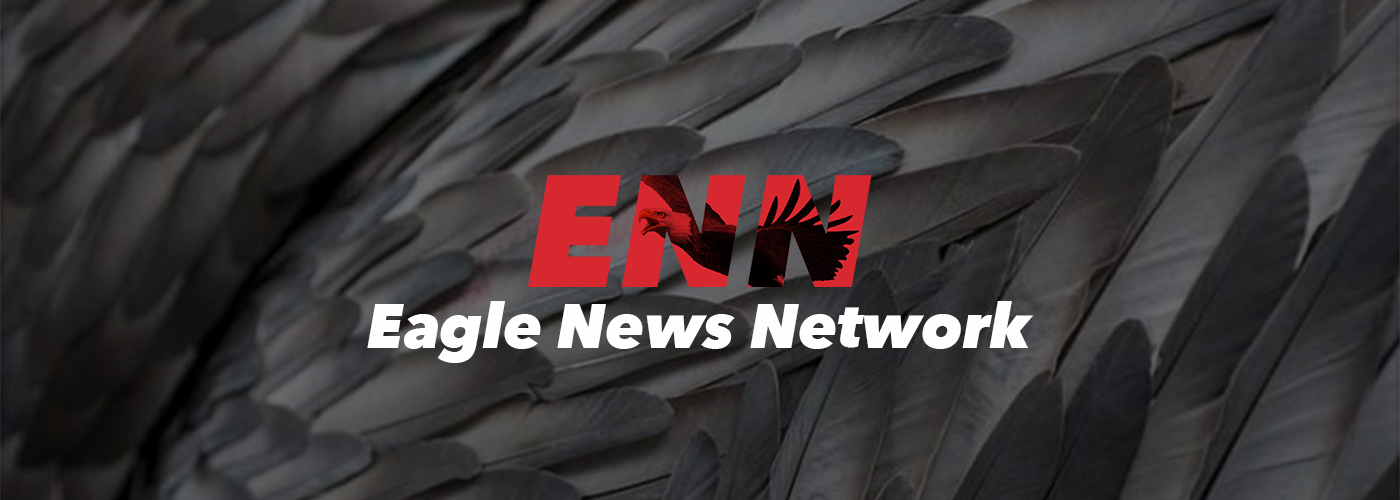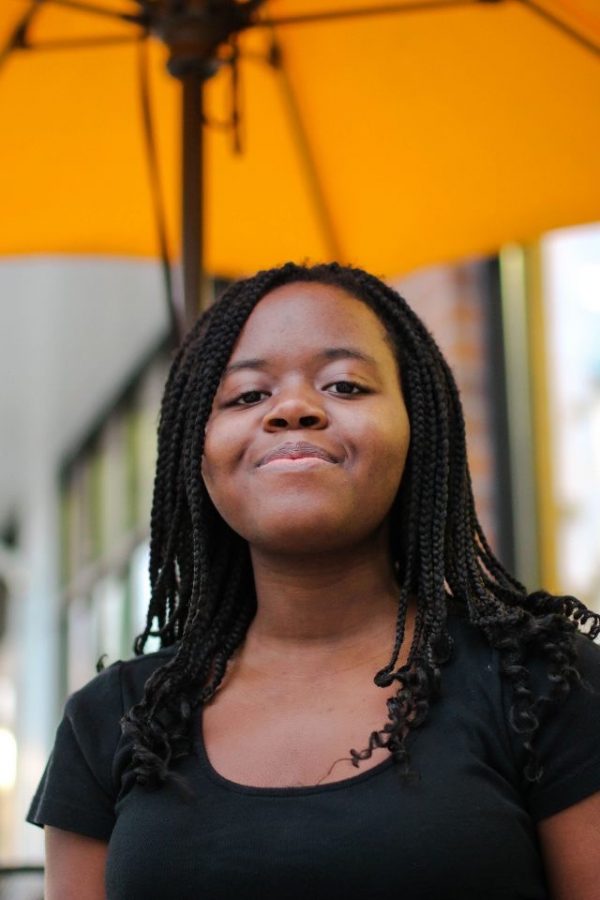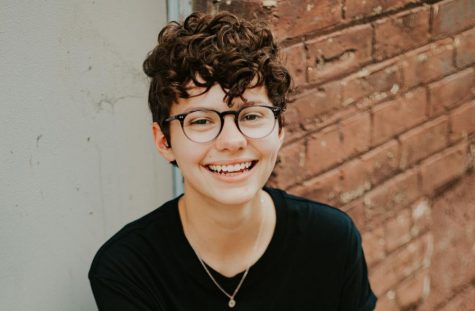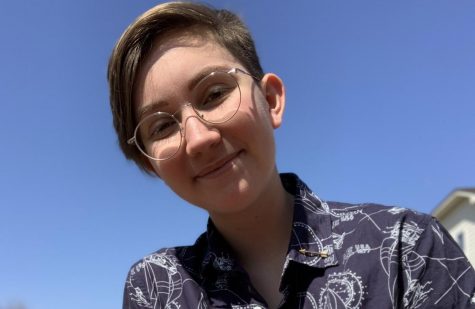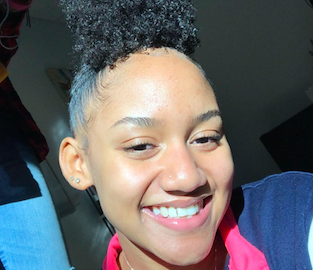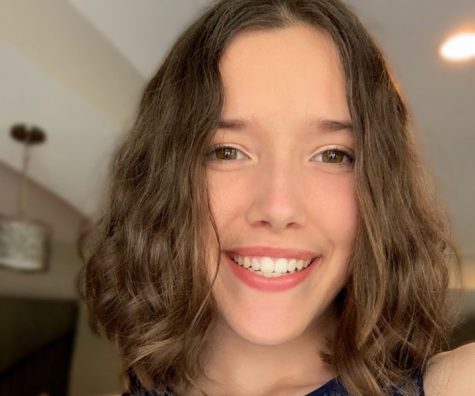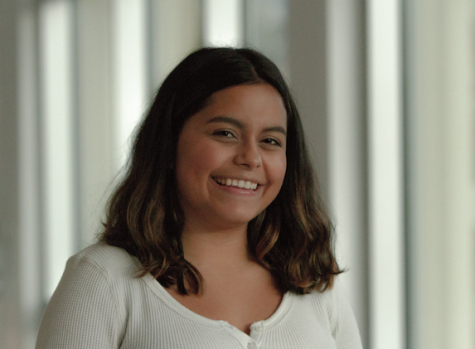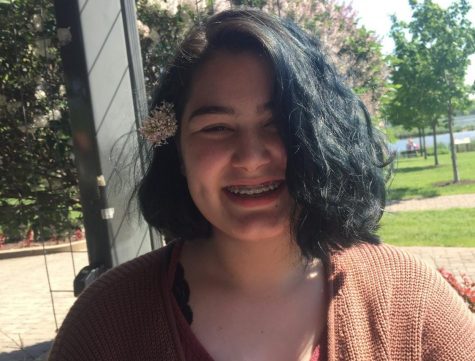Exposure Therapy: Jasmine
September 5, 2019
Representation is vital.
In my 11 years in the school system, I never had a black teacher. I’ve met many teachers who acknowledged my existence, who made me feel welcomed and listened to, but never one who looked like me. Then I met Mr. Sibley. I thought, “White kids feel like this all the time?”
For a black student, seeing an adult who looks like you on a daily basis helping you grow to become the most informed version of yourself does a lot for you, psychologically. Anti-black stereotypes and anti-educational mindsets poison the perspectives of black children. Some of the most harmful being that we are not intelligent, or that we are destined to be disruptive or struggling students; that school “isn’t for us.” We are better off in a sport or creating music. But to see a black teacher succeed in a setting that we’ve been expected to struggle in, a teacher who fully understands what it is like to exist as a person of color in a space dominated by a culture that cannot fully understand you? Groundbreaking.
I’ve found other proud, black role models as well, within Ms. Amsler and Ms. Ratemo. The many conversations, check-ins, and support I’ve gotten from Ms. Amsler have given me hope and made me feel seen. I still have the bracelet Ms. Ratemo gave to me last year, which is a very common bracelet among Kenyans. I didn’t have to ask for it, I mentioned not having one of my own yet, and she gave me one. Most Kenyans own one and wear it consistently. I’m half Kenyan, and this gesture made me feel at home.
There is a difference between recognizing that a stereotype is senseless and seeing its antithesis right in front of you teaching you a difficult subject, supporting hundreds of students a day and welcoming you into a shared culture. Reaching out to and caring for you. Seeing a black adult being a leader in my school is motivational. Seeing a black leader being successful, welcoming and continuing to thrive in a space in which people like you are expected to struggle is inspiring. If the goal of our school is to motivate and inspire, why are there so many teachers who look like my friends and so few who look like me?
I’m a smart kid. I know and believe in my ability to solve problems, make connections and help others. I, like most black people, recognize the irrationality of caricatures of black people (especially black students). I recognize how those stereotypes were created to harm my community and the self-worth of its individuals. I recognize that achievement gaps do not exist due to inherent incompetence within black minds, but a lack of school resources and an unwillingness- of teachers and students- to build relationships. I also recognize and have fallen witness to the damage that being bombarded with these stereotypes causes black youth.
Near the end of 7th grade, I was riding the after school bus with some friends I had just met. On that bus, whenever I recited a fact I learned, politely corrected someone, or said something my other friends didn’t know, I was met with a joke that has stuck with me ever since. “Haha, wow, Jaz. You’re too smart to be black!”
All of the students involved in the conversation were black. A black student said this to me. I was the only one upset by it.
Black stereotypes have been fed and reinforced into the minds of black children since birth. We’ve been taught that we are not intelligent. We will struggle with complex ideas and that a good or beneficial education is near impossible for us. We are destined to be loud. Disruptive. Confused. “Troublemakers.”
But, having teachers, counselors, deans, and adult leaders who are aware of these stressors and culture points makes striving for excellence a little easier. Not only are these people visual reminders that the stereotypes created to discourage us are false, but they are also incredibly helpful support systems. They understand black students in ways white adult leaders can strive for but ultimately cannot do.
Representation is vital to the success of students of color. There must be adults within the communities of Eden Prairie Schools that reflect the backgrounds of its students, especially students with marginalized identities. For long term success in eliminating the achievement gap, hiring teachers, counselors, and academic leaders of color should be a priority.

